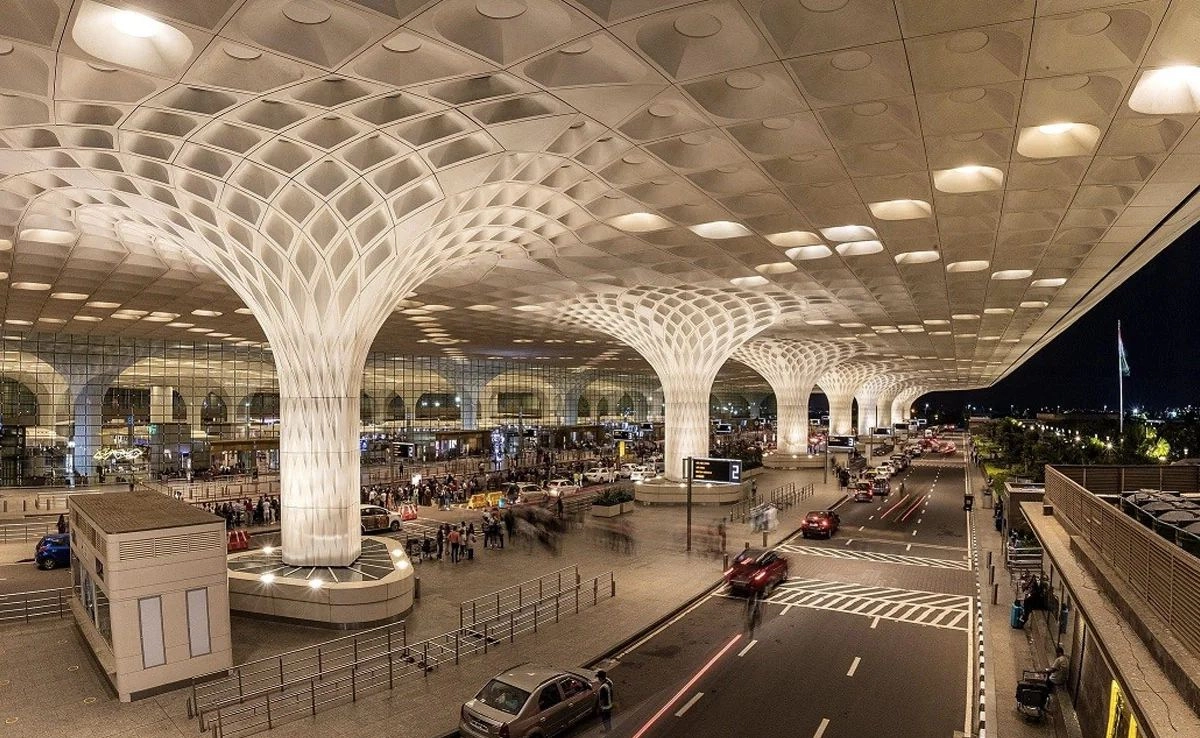Lashkar-e-Taiba, a militant organization based in Pakistan, has experienced a significant resurgence in its operational capabilities following the recent military campaign known as Operation Sindoor. This operation, designed to curtail the group’s activities, inadvertently provided the organization with new opportunities for recruitment and funding. The aftermath of Op Sindoor has seen Lashkar leveraging its deep-rooted connections within Pakistan, utilizing local support to rebuild its ranks and enhance its logistical networks. This revival is not merely a resurgence of personnel but also an expansion of their operational scope, as they adapt to the changing geopolitical landscape.
The support from various factions within Pakistan has been instrumental in Lashkar’s resurrection. The organization has historically thrived on a combination of ideological motivation and tangible support from the state and non-state actors alike. With the ongoing instability in the region, including the shifting allegiances and priorities of various players, Lashkar has been able to reposition itself as a vital actor in the jihadist landscape. The group is not only focusing on its traditional areas of operation but is also exploring new frontiers, potentially increasing its influence both domestically and internationally.
Moreover, the ideological framework that Lashkar employs continues to resonate with a segment of the Pakistani population, particularly the youth. The group capitalizes on feelings of disenfranchisement and injustice, framing its narrative around resistance against perceived aggressors. This has made it easier for them to recruit new members, especially in regions where socio-economic conditions are precarious. The organization’s propaganda machinery has been active, disseminating messages that glorify martyrdom and frame their struggle as a noble cause, thus attracting individuals who are seeking purpose or belonging.
In conclusion, Lashkar-e-Taiba’s resurgence in the aftermath of Operation Sindoor, aided by support from various factions within Pakistan, reflects a complex interplay of local dynamics and broader geopolitical shifts. The group’s ability to adapt its strategies, coupled with a robust ideological appeal, positions it as a formidable threat in the region. As they rebuild and expand, the implications for regional stability and security are profound, necessitating a reevaluation of counter-terrorism strategies and international cooperation to effectively address the challenges posed by such resilient organizations.




